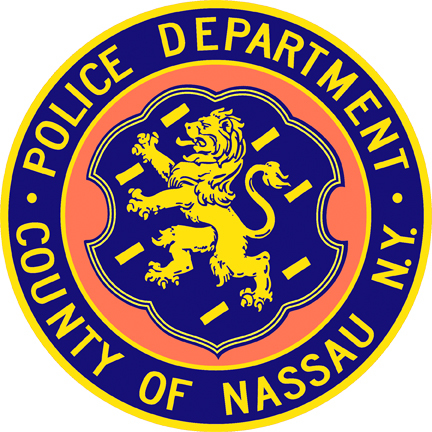 With police reports from the last several months all pointing to a “quieter” crime scene in Great Neck, the local, growing senior citizen population remains a real target for “scammers.” Inspector Sean McCarthy, commanding officer of Nassau County’s Third Police Precinct (serving the Great Neck community), told the Great Neck Record that warmer weather “brings out” the threat of bogus workers who ring doorbells, witih offers of working at the houses—siding, roofing, landscaping—and ask for jobs. The results can be horrifying for unsuspecting elderly residents. Great amounts of money are often lost.
With police reports from the last several months all pointing to a “quieter” crime scene in Great Neck, the local, growing senior citizen population remains a real target for “scammers.” Inspector Sean McCarthy, commanding officer of Nassau County’s Third Police Precinct (serving the Great Neck community), told the Great Neck Record that warmer weather “brings out” the threat of bogus workers who ring doorbells, witih offers of working at the houses—siding, roofing, landscaping—and ask for jobs. The results can be horrifying for unsuspecting elderly residents. Great amounts of money are often lost.
McCarthy said that often a scheming supposed workman will distract the homeowners while a “partner-in-crime” gets inside the home and ransacks. or, possibly, with an advance payment, the worker might take the money, never to return. Either way, an unsuspecting homeowner has most likely lost the money, for good. Police Public Information Officer Vincent Garcia, McCarthy and former Third Precinct Deputy Inspector Thomas Corona all agreed that, whether on the phone, or in person, the elderly are more likely to “fall” for a scam. As McCarthy said, scammers might try 100 possible victims and out of 100 “maybe 12” will fall for the scheme; out of that 12, one or two might actually believe the statements and go along with the ploy.
Phone scams are generally lottery scams, calls for unpaid bills, or tax back payments. Garcia warns that “the IRS never asks for a credit card over the phone;” nor does the IRS ask for a wire transfer nor a debit card. Those receiving such phone calls, asking for money for one reason or another, should also be aware that the caller might have some numbers from a Social Security number.
McCathy also warns that someone making a legitimate phone call will not ask you to send funds by wire nor to puchase a “green dot card” to send money. McCarthy advised that green dot cards are sold at such places as drug stores, and that police departments are working with neighborhood drug stores to attempt to disuade possible scam victims from purchasing and sending such money cards to very probable illegitimate sources. Such elderly scam victims are often times grandparents who receive a phone call from a supposed grandchild who is claiming to be calling from far away (often supposedly from Mexico), is in trouble and needs money fast, to get our of trouble and “come home.” One such almost victim is a member of the Great Neck Social Cemter (Senior Center) who received just such a call. He told the Record that he was suspicious of the caller, whose voice did not exactly sound like his grandson. As the gentleman) who wanted to remain anonymous) continued the conversation, asking questions, the caller also seemed suspicios and hung up.
“Remember,” McCarthy warned, “these people (the scammers) aim at the most vulnerable (the senior citizens).”
Social Center Executive Director Ann Tarcher told the Record that, for some unknown reason, she often receives “phony” calls; one was constant until she changed her telephone number. She never responded to any of these calls. Tarcher said that such calls do often come to the seniors, but, as they did not want to talk to the Record, many also were ashamed to report the incidents to the police. Tarcher did say that the Center often has seminars for the seniors, explaining common scams, telling them not to respond and urging them to notify the police.
If you are suspicious of a possible “scam,” police advise you to call Nassau County Crime Stoppers at 516-573-7138. Anyone who is victimized can always call the Third Precinct at 516-573-6000.
(See page 4A, for more information on scams.)


























